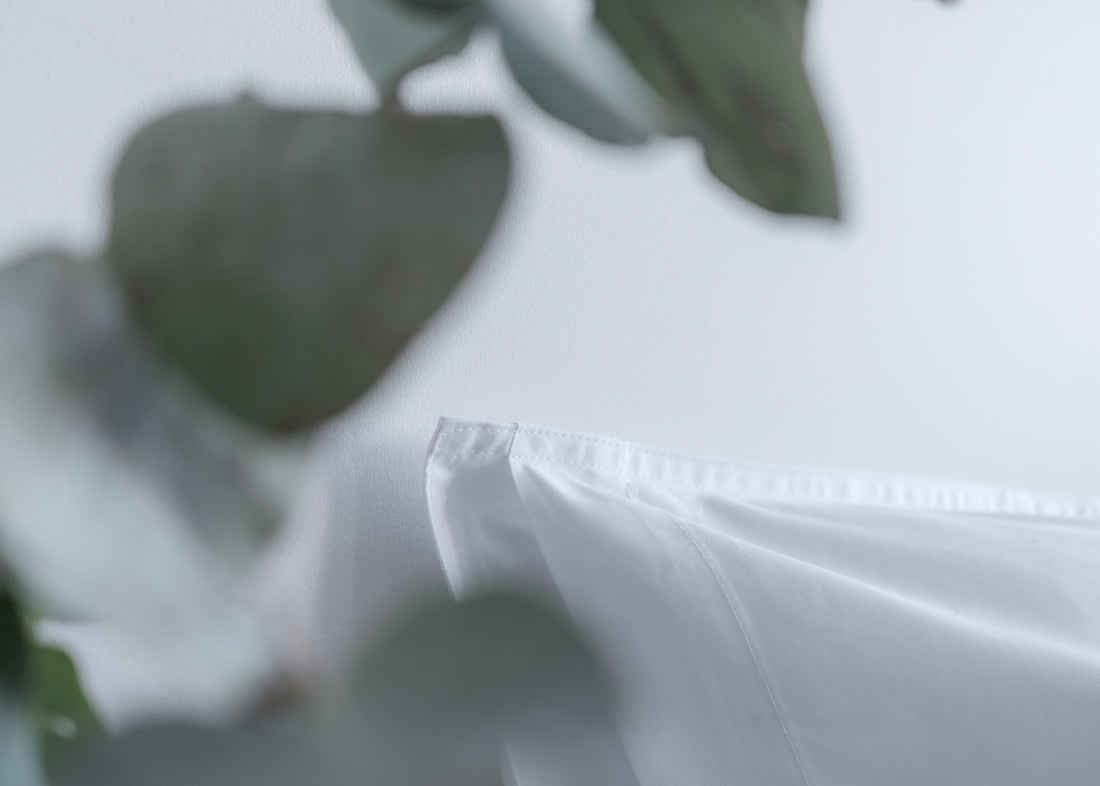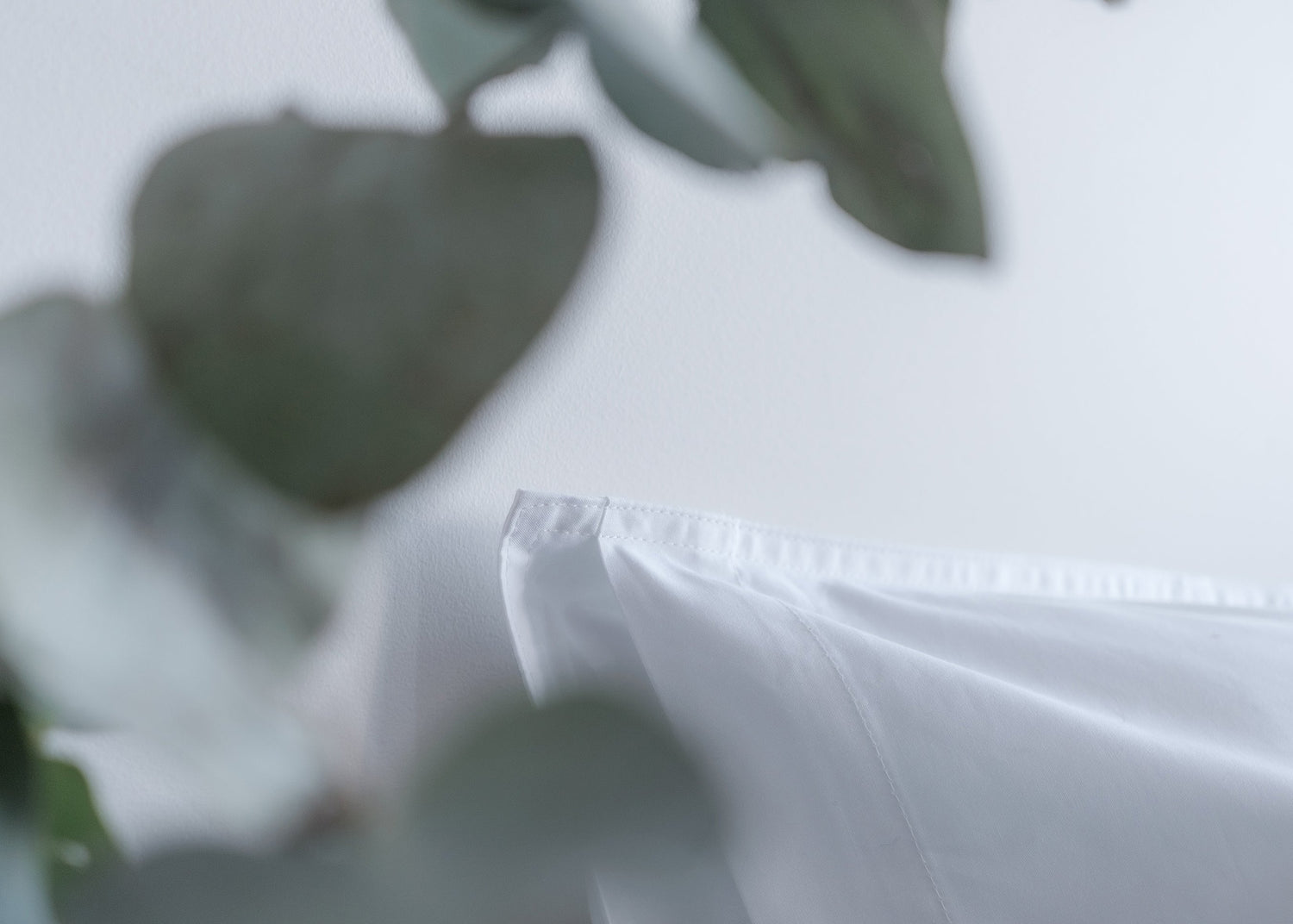
The healthy way to remove tough stains from sheets
Share
Stains on your sheets can be a real hassle, especially when they’re tough and stubborn. However, keeping your sheets clean and fresh is essential for a healthy sleep environment. In this guide, we’ll explore some effective and eco-friendly methods to remove tough stains from your sheets without resorting to harsh chemicals.
Understanding common stains
Different stains require different treatments. Here’s a quick look at some common types of stains and what causes them:
- Blood: Often results from minor cuts or nosebleeds.
- Sweat: Can leave yellowish marks over time.
- Oils and lotions: From skincare products or natural body oils.
- Food and drink: Coffee, wine, and other consumables can leave noticeable stains.
- Makeup: Foundations, lipsticks, and other cosmetics.
General tips for stain removal
Before diving into specific methods, here are some general tips to keep in mind:
- Act quickly: The sooner you treat a stain, the easier it is to remove.
- Blot, don’t rub: Blotting lifts the stain, while rubbing can push it deeper into the fabric.
- Test in an inconspicuous area: Before using any cleaning solution, test it on a small, hidden part of the fabric to ensure it doesn’t cause damage or discolouration.
Eco-friendly stain removal methods
Baking soda and vinegar
This dynamic duo is excellent for tackling various stains.
For blood stains:
- Rinse the stain with cold water as soon as possible.
- Create a paste using baking soda and water.
- Apply the paste to the stain and let it sit for 30 minutes.
- Rinse with cold water and then soak the sheet in a mixture of cold water and vinegar for 30 minutes.
- Wash as usual.
For sweat stains:
- Sprinkle baking soda directly on the stain.
- Spray a mixture of equal parts vinegar and water onto the baking soda.
- Let it fizz for 30 minutes, then wash the sheet as usual.
Hydrogen peroxide
Hydrogen peroxide is a natural bleaching agent and works well on organic stains.
For blood and sweat stains:
- Apply a small amount of hydrogen peroxide directly to the stain.
- Let it sit for about 5-10 minutes.
- Blot with a clean cloth and then rinse with cold water.
- Wash as usual.
Lemon juice and sunlight
Lemon juice is a natural stain remover and the sun can enhance its effectiveness.
For food and drink stains:
- Apply lemon juice directly to the stain.
- Let the sheet sit in the sunlight for several hours.
- Rinse with water and wash as usual.
Salt and cold water
Salt can help lift stains by drawing out moisture and pigment.
For blood stains:
- Soak the stained area in cold saltwater (2 tablespoons of salt per litre of water) for a few hours.
- Rinse with cold water and wash as usual.
Cornstarch and baking soda
This method is particularly useful for oily stains.
For oil and lotion stains:
- Sprinkle cornstarch or baking soda on the stain to absorb the oil.
- Let it sit for 15 minutes, then brush off the powder.
- Apply a small amount of eco-friendly dish soap to the stain and gently rub it in.
- Rinse with water and wash as usual.
Preventative measures
While it’s important to know how to remove stains, preventing them in the first place can save time and effort:
- Use a mattress protector: This can prevent sweat, oils, and other contaminants from reaching your sheets.
- Wash regularly: Regular washing prevents stains from setting in and becoming more challenging to remove.
- Avoid eating in bed: Keeping food and drinks away from your bed reduces the risk of spills and stains.
- Remove makeup before bed: Ensure your face is clean before hitting the sheets to avoid cosmetic stains.

